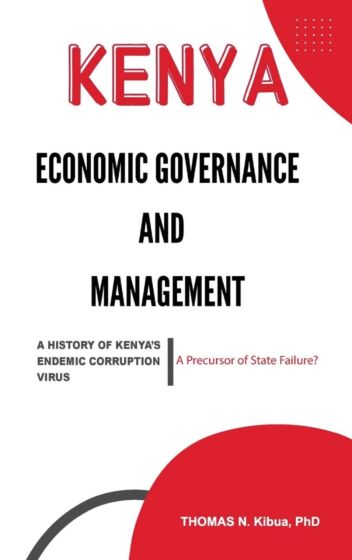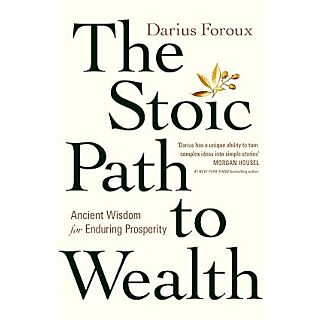Local Storage seems to be disabled in your browser.
For the best experience on our site, be sure to turn on Local Storage in your browser.
This book is about everyday economics. It describes and analyses economic development in Kenya over the last fifty-seven years in a clear, concise and comprehensible manner. It alludes to the existence of economic leadership deficit and subsequent decay in public morality. It further explores the corruption that has plagued the Kenyan economy over the years. Potential solutions to prevent possible state failure are identified and discussed.
It is an attempt to convincingly and conveniently describe and analyze Kenya's economic development landscape for the last fifty plus years. It alludes to why the moral fibre of society, including public morality, has decayed to its lowest level. It presents an exploration of a dog-eat-dog society that is Kenya's corruption virus-infected economy. It gives a comprehensive and critical exposé of how successive governments have unabatedly facilitated and/or tolerated the systemic infestation of the economy with harmful viruses which have manifested in skewed and unsustainable (i) ownership of economic resources, (ii) allocation of public resources and (iii) distribution of public goods and services against the majority of citizens.The phenomenon has created a new profession of "Public Finance Engineers" which is attracting many entrants. Its specialization is ensuring that there are enough loopholes (call them opportunities) in public policy, planning, budgeting, budget execution, accounting and reporting which are insulated by the existing public finance institutional and legal frameworks. Subsequently, most Kenyans, especially the young, are passionately inclined to "run" rather than "grow" financially.
A distinction is made to give a picture of the dual co-existence of the Wanainchi (Swahili word meaning citizens or the majority of ordinary people who inhabit the country and watch helplessly and hopelessly as the development drama unfolds) and the Wenyeinchi (colloquial Swahili term for the minority who own the econo- my). The resultant economic architecture portrays a dual society with skewed economic ownership, existence of myriad cartels/opportunists/schemers, reduced public morality and lack of ethics leading to economic decay and a man-eat-man type society.
The desire to empower Kenyans economically was an integral component of the push for political independence. The initial assumption was that once the country attained independence, Kenyans would own the economy; and that economic policies would be put in place to facilitate rapid economic growth distributed in such a manner that all people would be free of disease, poverty and illiteracy, in addition to guaranteeing equal opportunities and social justice. This was to be the foundation of a people's economy.
Enjoy the read,
Dr. Thomas N. Kibua
| Author | Thomas N Kibua |
|---|












Sign In
Create New Account